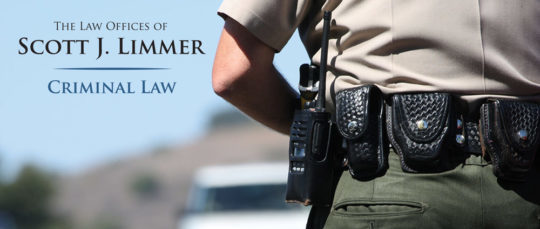Videos, taken on July 26 in the emergency room of the University of Utah hospital’s burn unit, show Jeff Payne, a veteran Salt Lake City policeman, growing increasingly frustrated as he argues with Alex Wubbels, the unit’s head nurse, a blonde female in blue scrubs, over the cop’s intent to draw a blood sample from a severely burned, unconscious patient. Wubbels tells him the hospital’s policy only allows police to take blood from a patient who either consents, is under arrest, or is covered by a search warrant.
Here, the patient is a truck driver gravely injured in a fiery crash when the tractor-trailer he was driving was hit head-on by a swerving pickup truck being chased by state police, who had gotten reports of the pickup’s erratic driving. The comatose patient cannot consent, isn’t under arrest, and there’s no warrant, the nurse notes.
Then Payne grabs the nurse, drags her outside the emergency room, handcuffs and arrests her, and shoves her into an unmarked police cruiser. Thanks to plentiful cameras – hospital security cameras, plus body cameras worn by police on the scene – there’s ample detail of Jeff Payne’s manhandling Alex Wubbels, of her screaming she’s done nothing wrong, and of Lt. James Tracy, the supervisor who ordered Payne to arrest Wubbels for obstruction of justice, then came to the hospital, telling the handcuffed nurse she should have yielded to police demands, even if unlawful and contrary to hospital policy.
Even though in a coma, the patient was lucky that Alex Wubbels knew of and was firm to stand by patient rights
The videos, as many of us have seen, obtained by local news outlets, quickly went viral, and news coverage of the incident was also widespread, if not always accurate. Here are some lessons that can be learned from this unfortunate but instructive incident.
First, many press accounts prominently mentioned last year’s Supreme Court decision (Birchfield v. North Dakota) requiring police to have a warrant for blood tests, but not for breath-alcohol tests, in DUI investigations. That’s true, but irrelevant. The patient was not suspected of any offense, but the victim of the crash caused by the pickup driver, who died in the crash (the tractor-trailer driver would linger a while before dying).
Second, as captured in a recorded conversation between Payne and another cop, Payne knew he couldn’t get a search warrant to authorize drawing a sample of the truck driver’s blood, since there was no probable cause. Later claims the patient’s commercial driver’s license gave implied consent for blood tests are unpersuasive retroactive rationalization attempts.
Third, it was the availability of body camera footage that produced an outcry that helped produce investigations by the city police and a citizens’ review panel (both finding multiple police violations of their own policies), and apologies by the police chief and mayor. Payne eventually was dismissed from the force, and his supervisor demoted (both plan to appeal). If Wubbels, who was never formally charged, decides to sue for assault, wrongful arrest or other torts, the videotapes will also be prime plaintiff exhibits.
The last, but not least, lesson: however tempting, the police need to stop throwing their weight around just because they think they can. Especially in cases, like this. If an officer’s action is legally permissible, then obtain permission through legal process, not strongarm tactics.
